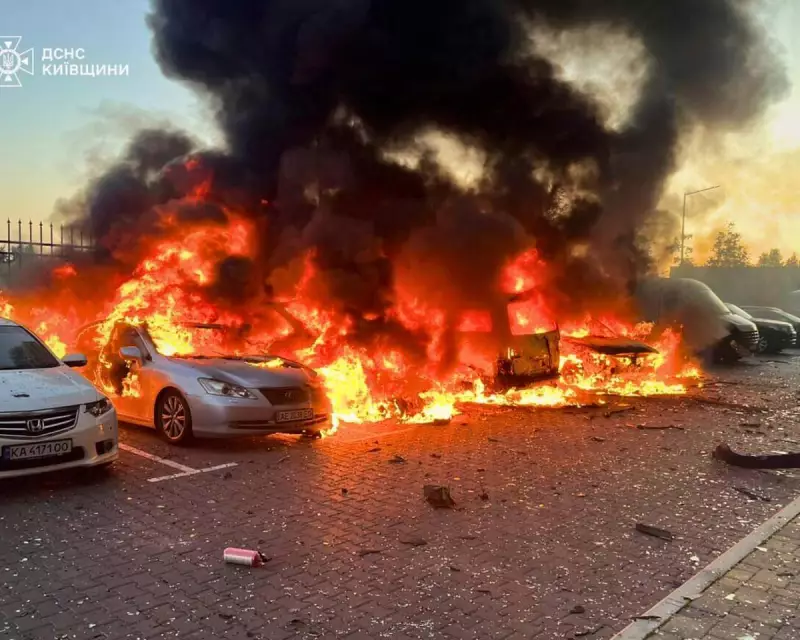
European security tensions have reached a boiling point, with Poland and Estonia launching a blistering condemnation of Russia's escalating hybrid warfare campaign at the United Nations General Assembly. The urgent calls for a fortified NATO response come amidst a dramatic surge in military posturing from Moscow.
A Stark Warning from the UN Podium
Polish Foreign Minister Szymon Szynkowski vel Sęk did not mince words, delivering a powerful address that framed the ongoing conflict as a direct battle for the future of global order. He issued a grave warning that Russia's ambitions will not stop at Ukraine's borders, signalling a clear and present danger to the entire NATO alliance.
Echoing this sentiment, Estonian Prime Minister Kaja Kalas pointed to a disturbing rise in Kremlin-backed "hybrid attacks" across the Baltic region. From a spike in cyber-attacks to the weaponisation of migration, these tactics are designed to test NATO's resolve and destabilise its eastern flank.
Kaliningrad: The Kremlin's Unsinkable Aircraft Carrier
The strategic Russian exclave of Kaliningrad, wedged between NATO members Poland and Lithuania, remains a major flashpoint. Recent deployments of advanced missile systems to the region have significantly heightened anxieties, transforming it into a potent military fortress aimed at the heart of Europe.
NATO's Next Moves: Deterrence and Defence
In response to the growing threat, the alliance is urgently debating a new strategy to counter Russia's aggression. Key proposals on the table include:
- Permanent troop deployments: Establishing a continuous, robust NATO presence in the Baltics to act as a tripwire against any potential incursion.
- Enhanced air defence: Bolstering shield systems in Poland and the Baltic states to protect against missile threats from Kaliningrad and Belarus.
- Counter-hybrid warfare task force: Creating a specialised NATO unit dedicated to identifying and neutralising non-military threats like disinformation and cyber-attacks.
The Human Cost: Ukraine's Fight Continues
As diplomatic battles rage in New York, the brutal reality of war grinds on in Ukraine. Reports confirm intense fighting continues in the eastern Donetsk region, with Ukrainian forces repelling numerous assaults. The situation on the ground remains incredibly fluid, with both sides suffering heavy casualties.
The consensus from European leaders is unequivocal: appeasement is not an option. The urgent need for unwavering military support to Ukraine, coupled with a ironclad commitment to Article 5, is now the bedrock of European defence policy. The coming weeks will be critical in determining the alliance's response to the most significant security challenge since the Cold War.





